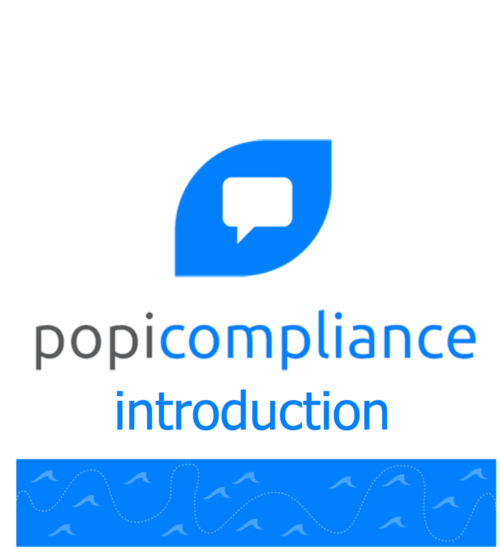Your business and Privacy

POPI refers to South Africa’s Protection of Personal Information Act. This law regulates the Processing of Personal Information (PI) and it applies to all entities that process PI in South Africa.
“Personal Information” broadly means any information relating to an identifiable, living natural person or juristic person (companies, CC’s etc.). This includes, but is not limited to:
- contact details: email, telephone, address etc.
- demographic information: age, sex, race, birth date, ethnicity etc.
- history: employment, financial, educational, criminal, medical history
- biometric information: blood type etc.
- opinions of and about the person
- private correspondence etc
Get help with your specific privacy obligations
If you privacy obligations extend to other jurisdictions, such as GDPR, we can assist with an ISO/IEC27701 orientated programme.
ISO/IEC27701 is the international standard for managing personal information.
Contact us if you would like a quote to help you tackle a particular privacy issue.
Does POPI really apply to me?
Accountability for compliance rests with a Responsible Party, meaning a public or private body or any other person which,
alone or in conjunction with others, determines the purpose of and means for
processing personal information. Generally, the Responsible party must be resident in South Africa or the processing should occur within South Africa (subject to certain exclusions) Section 3(1)
There are cases where POPI does not apply. Exclusions include: Section 6
- purely household or personal activity
- sufficiently de-identified information
- some state functions including criminal prosecutions, national security etc.
- journalism under a code of ethics
- judiciary functions etc.
Why should I comply with POPI?
POPI promotes transparency with regard to what information is collected and how it is to be processed. Openness increases customer trust in the organisation.
POPI compliance involves capturing the minimum required data, ensuring accuracy, and removing data that is no longer required. These measures should improve the overall efficiency and reliability of the organisation’s databases. Less data also means less storage / archiving cost and a reduced magnitude in the event of a breach (the safest data is that which you don’t unnecessarily store in the first place).
Compliance demands identifying Personal Information and taking reasonable measures to protect the data. This will minimise the risk of data breaches and the associated public relations and legal ramifications for the organisation.
Non-compliance with the Act could expose the Responsible Party to a penalty of a fine and / or imprisonment of up to 12 months. In certain cases, the penalty for non-compliance could be a fine and / or imprisonment of up 10 years. Section 107






